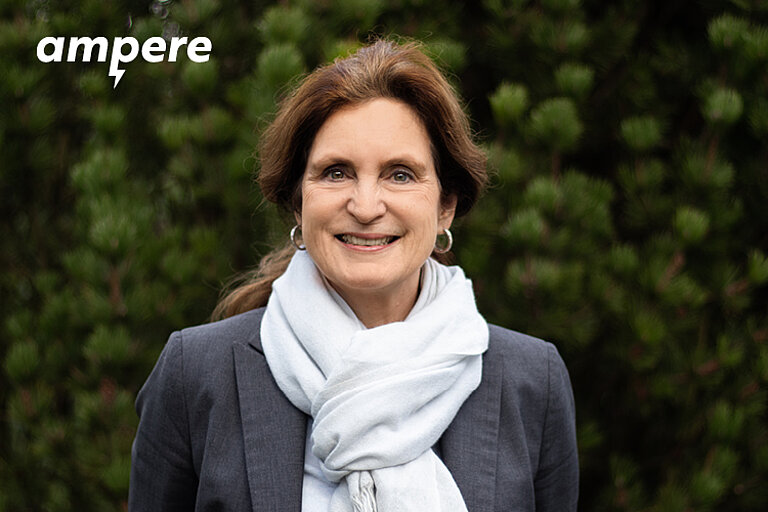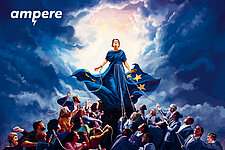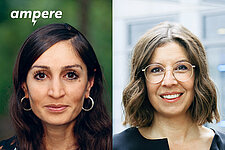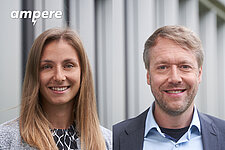Ms Jorna, we are just before the next European elections. How would you summarise the past legislative period?
We had to overcome major, unforeseeable challenges, particularly the Covid crisis. It has put the European single market to a difficult test. But it has shown incredible strength. Vaccines are a good example. Instead of Member States bidding against each other and looking for individual solutions, we have managed to select, authorise and ultimately purchase the right vaccines together. With a fantastic industry council in Europe, we were not only able to produce enough vaccine for the citizens of Europe, but also to supply the whole world. Five years ago, I would not have thought this enormous solidarity possible.
At the same time, global competition has become increasingly fierce. The EU's share of global gross domestic product is continuously decreasing.
What have you achieved to strengthen European competitiveness?
We have created a solid legal framework in order to achieve the EU's climate targets. This is an important basis for companies to be able to invest. After the Covid crisis and the Russian war of aggression in Ukraine, we also had to recognise how vulnerable our value chains are. In response, we created a raw materials law for the internal market. We have also created internal market regulations to become less dependent on fossil raw materials. We are enabling shorter authorisation procedures so that new and clean technologies can be used more quickly. We have also ensured that new academies are built for more skilled workers.
What role does standardisation play in European competitiveness?
I became very involved with standards about ten years ago and have become a total fan of them. I believe that we have a standardisation system in Europe that is very innovation-friendly and fast. And what we have also achieved over the past five years in the Directorate-General: Standards are now a top priority. This is because they are extremely important right now against the backdrop of decarbonisation. We in Europe will probably be the first hydrogen economy in the world. It is clear that we will then also have to set standards for safety or purity, for example.
Will we also manage to set global standards for the hydrogen economy?
Of course we have the global market in mind and are working on global standards. Our system is already very closely coordinated with international standardisation organisations. Europe has always played a leading role in electrotechnical and mechanical engineering. But now we are also looking at new fields: Internet of Things, cyber security and renewable energies, for example. China now also has a standardisation strategy and is getting involved. But we are well positioned and strategically well on our way.



![[Translate to Englisch:] [Translate to Englisch:]](/fileadmin/_processed_/e/d/csm_ampere_1_2024_Chefsache_Web_750x500_01_bfa9bd6792.jpg)
![[Translate to Englisch:] [Translate to Englisch:]](/fileadmin/_processed_/5/7/csm_ampere_1_2024_Zwiegespraech_Web_750x500_Teaser_47fd1761f1.jpg)

